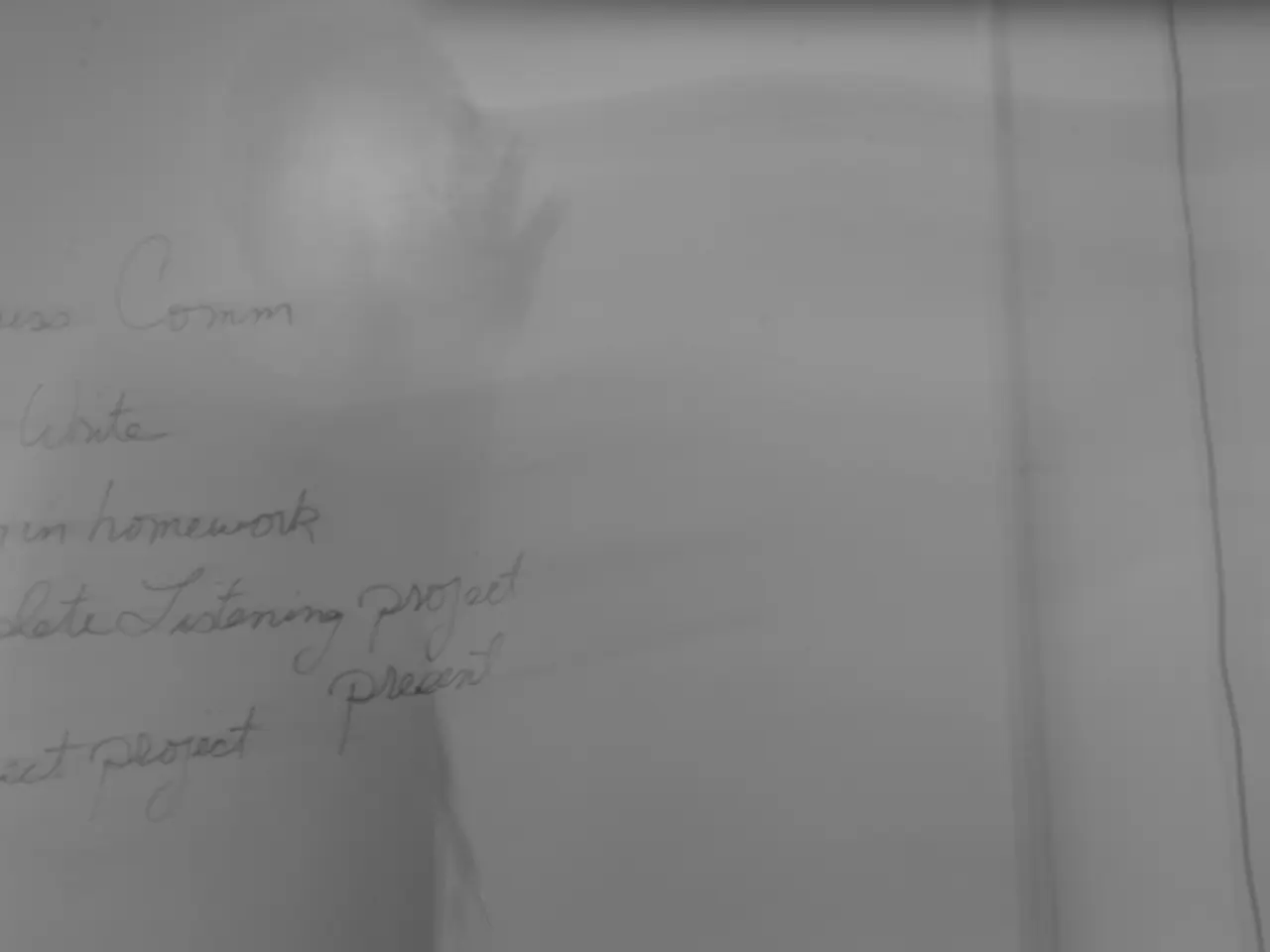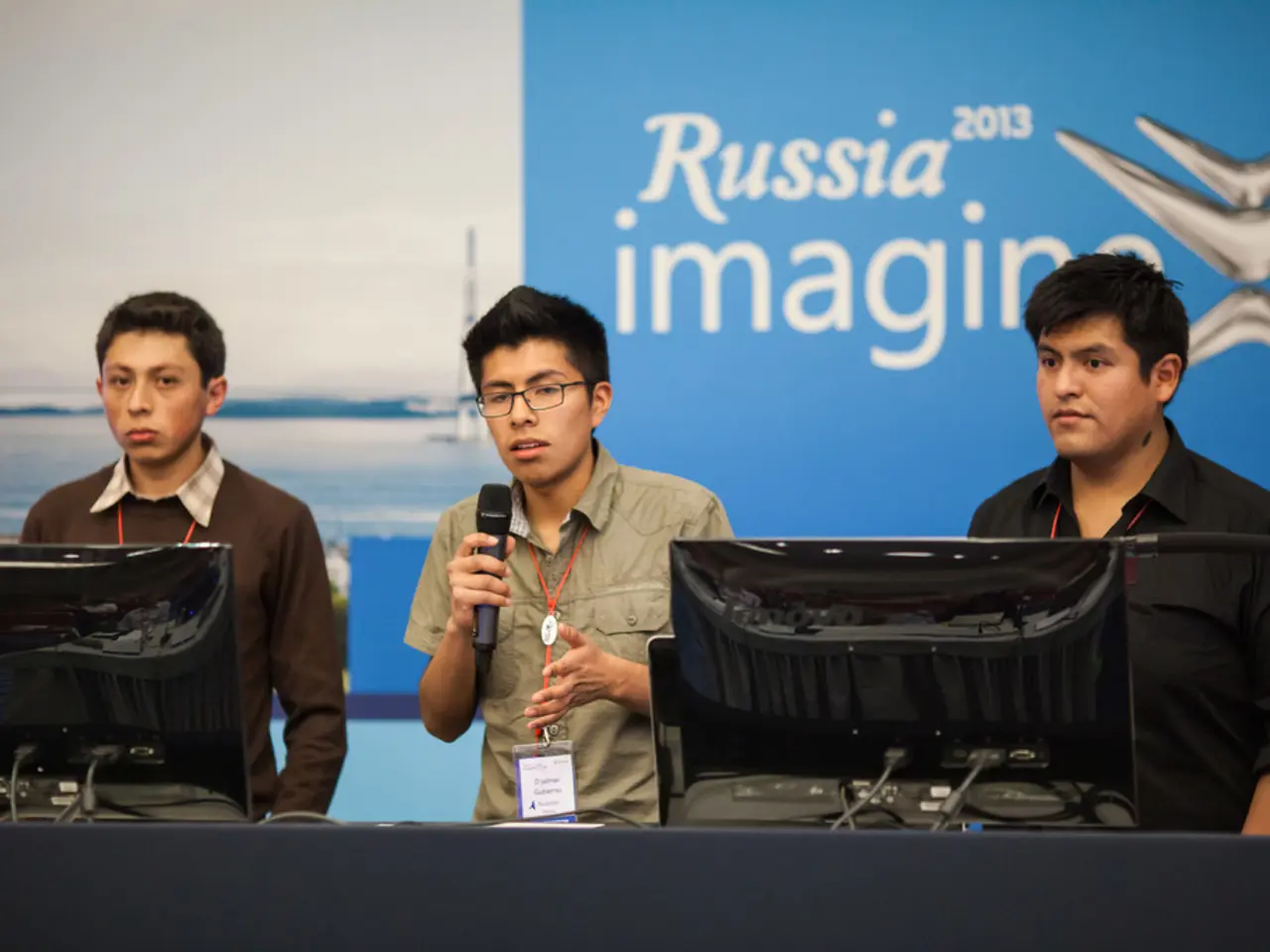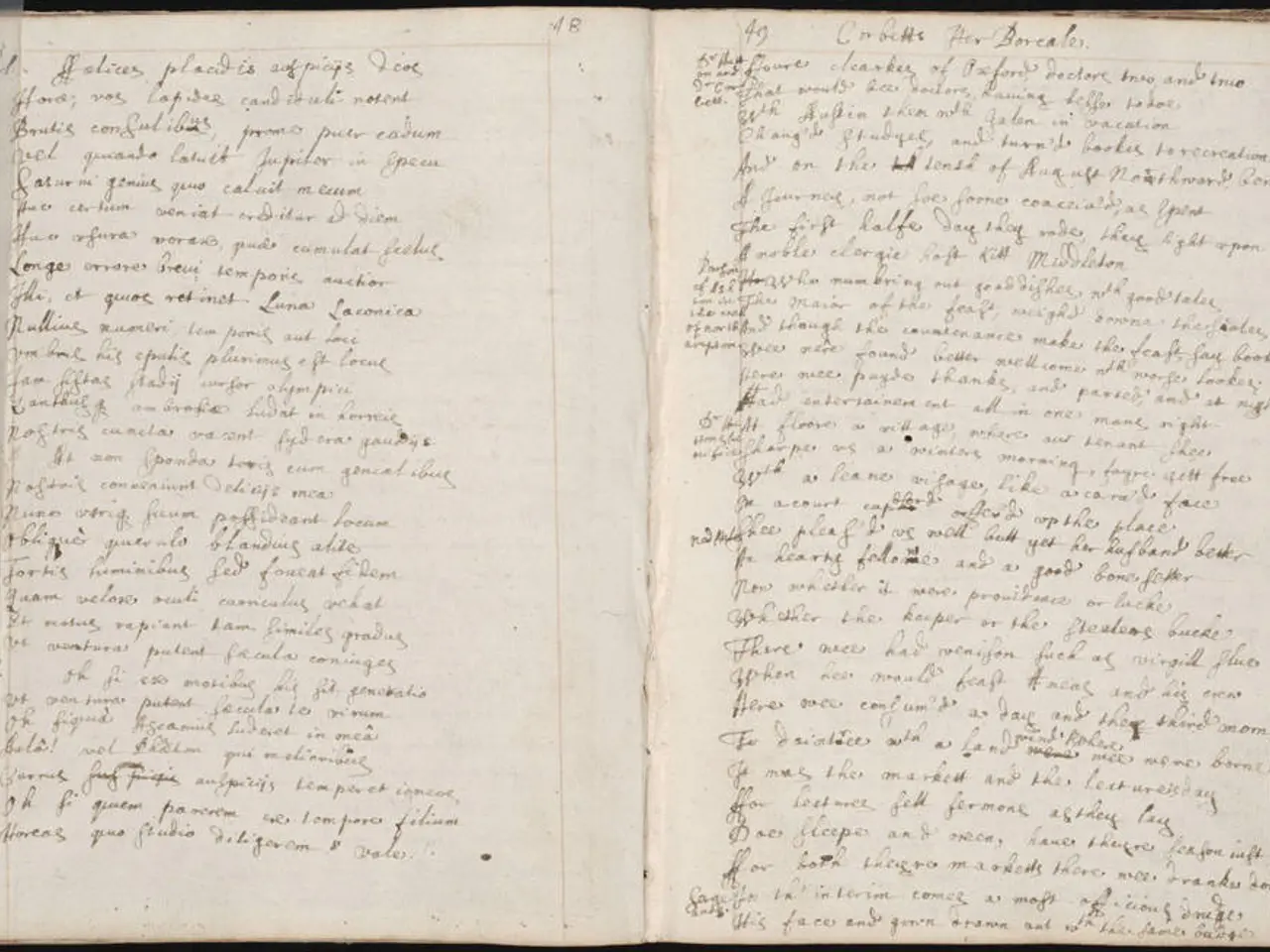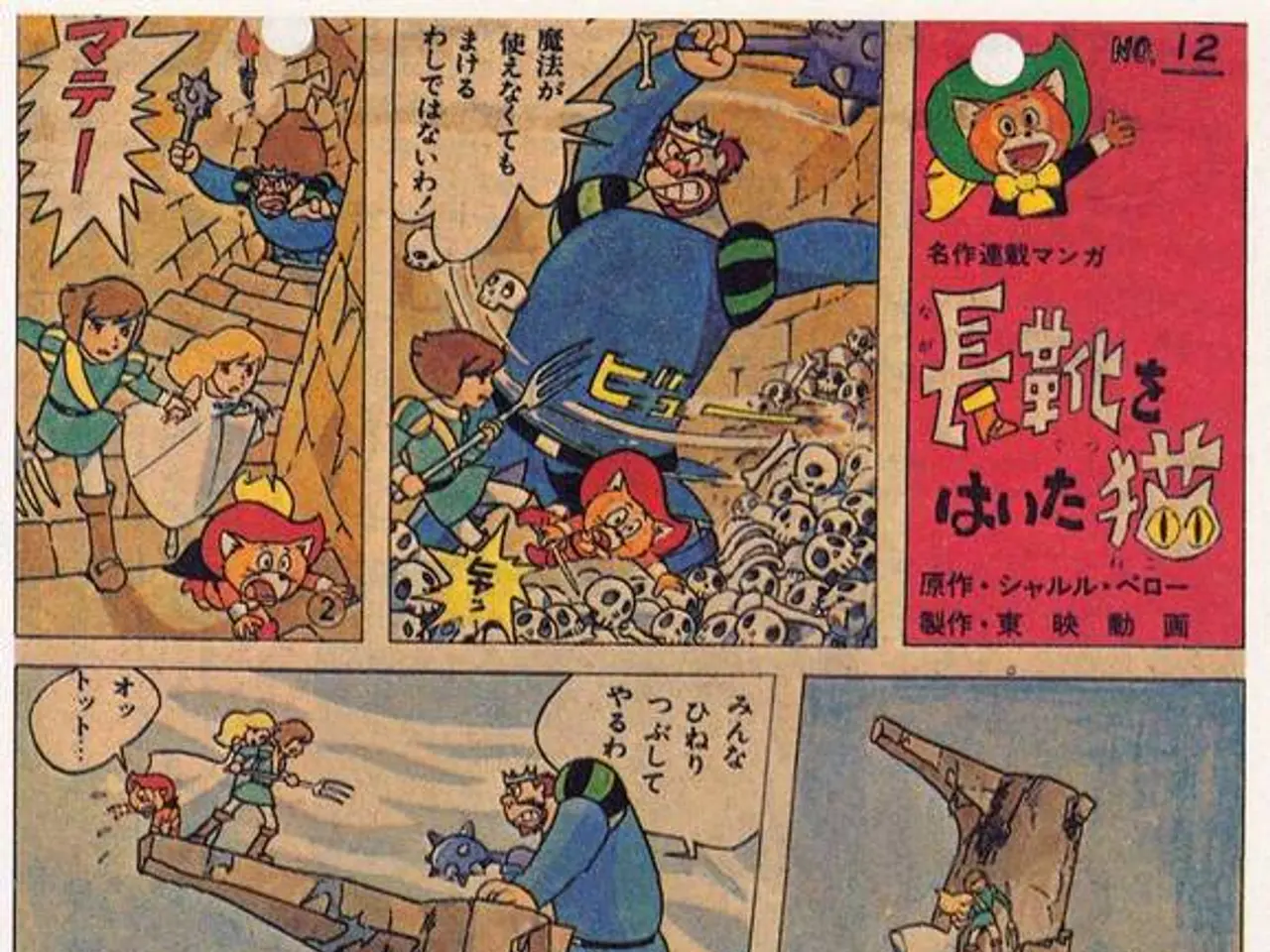International attention is urgently needed in the ongoing crisis in Gaza
The ongoing conflict in Gaza continues to take a heavy toll on its population, particularly children, with more than 20,000 children treated for acute malnutrition in hospitals since April 2025. This alarming figure is just one aspect of the humanitarian crisis unfolding in the region, as the United Nations (UN) and international aid organisations grapple with significant obstacles in delivering essential aid.
UN experts have accused Israel of committing acts of genocide against Palestinians in Gaza, citing the ongoing attacks and the disproportionate impact on children and babies. The experts argue that cutting off water and food supplies amounts to a "silent but lethal bomb" that exacerbates the crisis.
In May 2025, the Integrated Food Security Phase Classification (IPC) issued an alert, predicting catastrophic levels of food insecurity for the entire Gaza population by September. This prediction appears to be coming to fruition, with two out of three famine thresholds already reached: plummeting food consumption and acute malnutrition.
The situation has become so dire that at least 16 children under five have died from hunger-related causes since mid-July 2025. Moreover, approximately 90% of Gaza's population has been displaced, and around 70% of its infrastructure has been destroyed. Safe areas have been reduced to less than 12% of the entire territory.
The International Rescue Committee (IRC) and other aid groups are urging for unfettered humanitarian access to deliver critical food, water, sanitation, and child protection services. However, aid deliveries are severely hampered by Israeli government-imposed blockades and policies that limit aid flow and use ineffective distribution methods like airdrops.
The IRC and other aid organisations emphasise the need to open all viable land crossings at scale and without restrictive caveats to provide consistent, substantial humanitarian relief. They argue that symbolic gestures such as limited airdrops are insufficient for meeting the urgent needs of Gaza’s population.
The aid distribution system, managed through the Gaza Humanitarian Foundation (GHF) with US help, has drawn sharp criticism from UN experts who call for its immediate dismantling. They describe it as a serious breach of international humanitarian law because it entwines Israeli intelligence, US contractors, and ambiguous NGOs, potentially politicizing and compromising aid efforts.
The UN Secretary-General, António Guterres, has publicly warned of a looming famine in Gaza, describing the situation as an "epic humanitarian catastrophe" with over one-third of the population going without food for days, overwhelmed hospitals, and thousands of malnourished children. The United Nations and international agencies have repeatedly called on Israel to allow significantly more aid into Gaza immediately to prevent starvation and humanitarian collapse.
Despite daily military pauses announced on July 27th, Israeli forces continue attacks along food convoy routes and near Gaza Humanitarian Foundation (GHF) aid sites, further endangering civilians and preventing vulnerable groups from accessing assistance.
The humanitarian crisis in Gaza has been ongoing for nearly two years, sparked by Hamas-led terror attacks in Israel in October 2023. The situation remains critical, with at least half a million people expected to be in IPC Phase 5 - catastrophe - by the end of the summer, characterized by starvation, destitution, and death.
References:
- International Rescue Committee (IRC) (2025). Statement on the humanitarian situation in Gaza. Retrieved from https://www.rescue.org/news/statements/statement-humanitarian-situation-gaza
- United Nations Office of the High Commissioner for Human Rights (OHCHR) (2025). Joint statement by UN experts on Israel’s deliberate withholding of safe drinking water from Palestinians in Gaza. Retrieved from https://www.ohchr.org/EN/NewsEvents/Pages/DisplayNews.aspx?NewsID=27235&LangID=E
- Integrated Food Security Phase Classification (IPC) (2025). Alert: Catastrophic levels of food insecurity for entire Gaza population by September. Retrieved from https://www.ipcinfo.org/alert-catastrophic-levels-food-insecurity-entire-gaza-population-september
- United Nations (2025). UN chief warns of looming famine in Gaza, calls for immediate aid access. Retrieved from https://www.un.org/news/briefings/docs/2025/brief_20250801.doc.htm
- In light of the escalating famine in Gaza, the United Nations and international organizations, such as the International Rescue Committee, continue to plea for unfettered access to deliver essential aid and services, as Israeli government-imposed blockades and policies are obstructing the delivery of food, water, sanitation, and child protection resources.
- Amidst the ongoing war-and-conflicts and politics in Gaza, UN experts accuse Israel of acts of genocide against Palestinians, citing discriminatory policies that limit access to essential resources like water and food, which exacerbate the crisis and contribute to starvation, acute malnutrition, and other famine-related afflictions.








